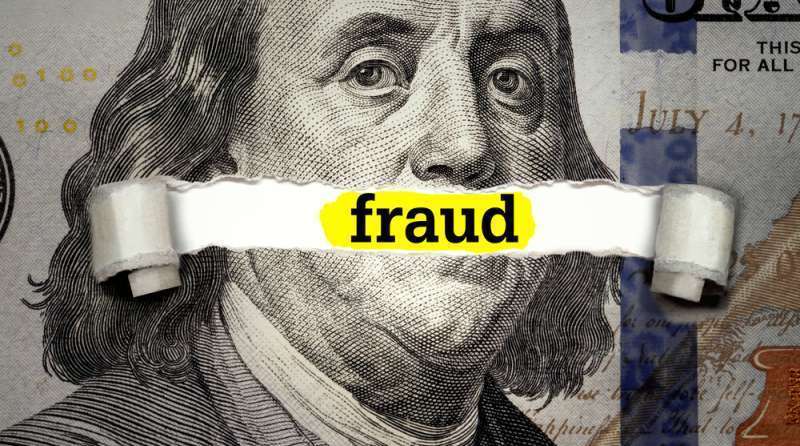
Due to the large number of pandemic fraud-related charges, the Government Accountability Office (GAO) is calling on Congress to take a number of actions that can help Federal agencies to strengthen internal controls and financial and fraud risk management practices.
In a new report, the government watchdog said that it identified 10 actions for Congress to take to reduce pandemic-related fraud across government in March 2022, but all 10 remain open.
GAO’s recent report emphasizes the need for these actions, noting that the Department of Justice (DoJ) has brought Federal fraud-related charges against at least 2,191 individuals or entities in cases involving Federal COVID-19 relief programs and other types of fraud as of June 30, 2023.
“Based on GAO’s analysis of the cases announced in DoJ press releases, at least 1,525 individuals or entities facing fraud-related charges were found guilty or liable,” the report says. “Courts have ordered individuals to pay restitution ranging up to over $60 million and serve prison terms up to 10 years or more.”
These cases involve COVID-19 relief programs such as the Small Business Administration’s COVID-19 Economic Injury Disaster Loan and Paycheck Protection Program, the Department of Labor’s unemployment insurance programs, and the Department of the Treasury’s economic impact, or stimulus, payments.
Various interagency task forces and the Pandemic Response Accountability Committee (PRAC) were established to help combat COVID-19 fraud. Notably, the PRAC created a shared data analytics center that powers pandemic investigations across Federal agencies, which it estimates has led to the recovery of more than $1 billion.
However, GAO said that more needs to be done to ensure transparency and accountability across government.
“Trade-offs were made … in ensuring transparency and accountability over this money,” Comptroller General Gene Dodaro told Congress in March 2022 after issuing the recommendations. “Controls that should have been in place before payments were made were either reduced or eliminated. Also, monitoring efforts, payment reviews, and other efforts weren’t instituted as fast as possible.”
“Congress can take a number of actions right now to significantly improve accountability and transparency over Federal spending in both non-emergency and emergency situations,” Dodaro added.
Some of GAO’s recommendations include:
- Requiring OMB to provide guidance to Federal agencies to develop plans for better internal controls;
- Establishing a permanent analytics center of excellence to help the oversight community better identify improper payments and fraud;
- Making changes to the Payment Integrity Information Act of 2019;
- Clarifying that Federal agency chief financial officers have oversight responsibility for internal controls over financial reporting and key financial management information that includes spending data and improper payment information; and
- Amending the Digital Accountability and Transparency Act of 2014 Act to extend the requirement that agency inspectors general review the completeness, timeliness, quality, and accuracy of their respective agency data submissions to USAspending.gov on a periodic basis.
GAO said it is sending copies of its recent report to the appropriate congressional committees.
